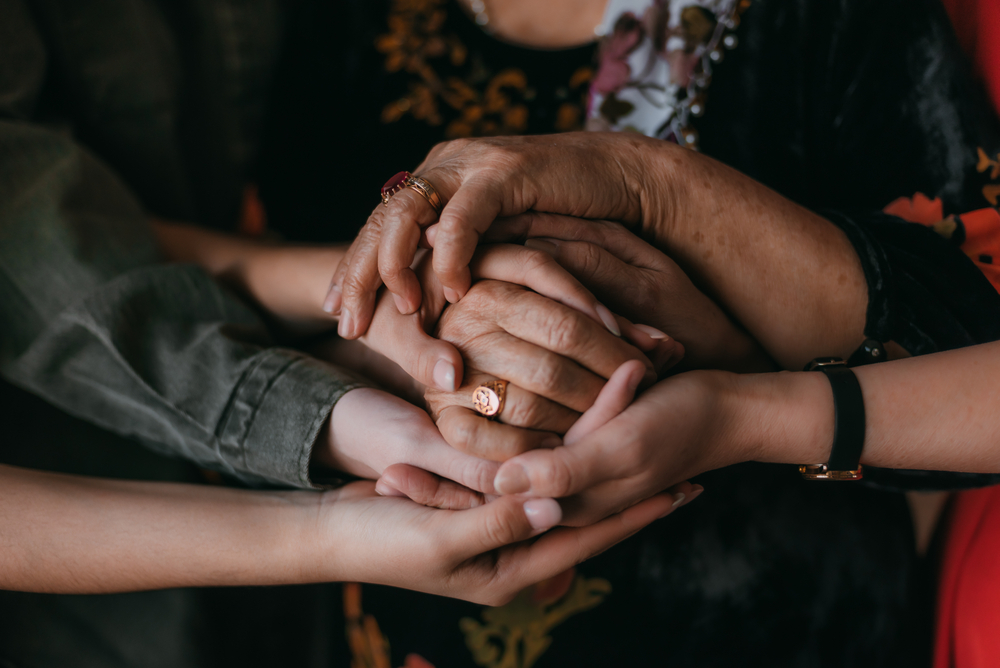- A complex array of crises and challenges confronts today’s world, all of which have implications for human rights: climate change, environmental degradation and widening global inequality, leading to forced migration, require urgent attention; conflict and violence are on the rise, prompting widespread insecurity. With 2024 estimated to be the biggest election year in history, populism, and autocracy, partly fuelled by the manipulation of information, are confronting democratic governance. Stigmatisation and marginalisation are rife.
- Civic space, including the right to protest, is shrinking throughout the world. Human rights defenders are being targeted to an unprecedented extent, including harassment in UN fora, especially of women. The rights of women, indigenous peoples, minority groups and others in vulnerable situations are under attack. Governments are accused of being unwilling to speak out robustly about such attacks on human rights defenders, or act when there are early warning signs of the erosion of, or disregard for, their rights.
“A complex array of crises and challenges confronts today’s world, all of which have implications for human rights.”
- Without losing sight of the undeniable progress made to-date, the credibility and integrity of multilateral human rights institutions and the effectiveness of the human rights machinery are significantly impacted by politicisation and selectivity, the application of double standards and inconsistency.
